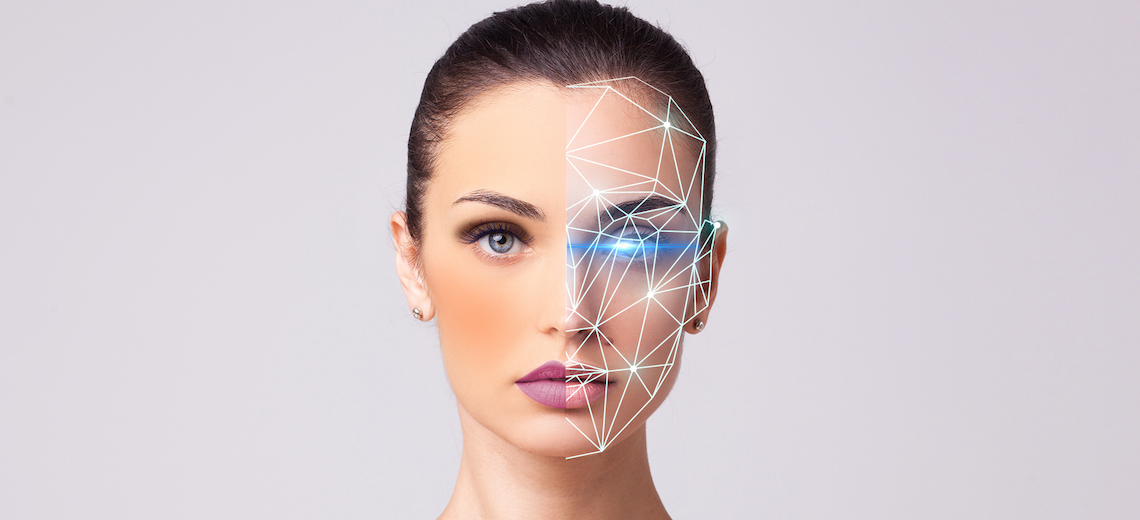With the rise of wearable NFTs and virtual makeup looks popping up in the metaverse, AR beauty tech companies are now making their way into the space.
AI and AR beauty companies including Perfect Corp. and PulpoAR have recently been developing metaverse and NFT capabilities as brands seek out new ways to leverage these technologies. As NFTs expand beyond the image and video formats to virtual makeup looks, the question now is how and where they can be used.
Brands’ participation in NFTs and the metaverse “is all about marketing and creating buzz,” said Rayan Godoi, co-founder of AR beauty tech company PulpoAR, which is currently developing a metaverse AR app called MetaBeauty. He predicts that, in the future, the metaverse “will be one of the main sales channels” for beauty via virtual looks.
After announcing its plans for the metaverse at CES earlier this year, Perfect Corp. also revealed, at South by Southwest in March, the introduction of wearable NFTs. The company launched four makeup looks, “Astral Queen,” “Cosmonaut,” “Mystical” and “Glitching,” on the NFT platform OpenSea. Buyers who purchase on OpenSea can access the looks in Perfect Corp.’s YouCam app, which is the only place they can be used.

Perfect Corp. also introduced a service to digitize wearable NFTs for brands in both fashion and beauty, using common NFT trading and wallet platforms such as OpenSea. According to CEO Alice Chang, the company’s wearable NFT looks “will present beauty and fashion brands with new revenue stream opportunities, while providing customers with an interactive and personalized element that has not been possible in the NFT space until now.”
PulpoAR first created a virtual try-on app in 2019 and has worked with beauty companies including Sephora, MAC and Yves Rocher, among others, to create virtual try-on tools. They’ve included try-on via brands’ DTC sites and in-store mirrors.
PulpoAR’s MetaBeauty app that it’s developing is set to serve as a hub where both brands and creators can create their own digital makeup looks and mint them into NFTs. Users will be able to put limits on the number of uses for a look, allowing digital makeup items to run out just as a physical one would. The app is set to launch this year.
“With the NFTs, once the creator or the beauty brand creates the asset, they can also [define] specific usability. For example, you can mint an NFT saying that the SKU can be used only 20 times and then you create scarcity,” said Godoi.
The biggest challenge for platforms right now is finding a way to translate makeup looks across platforms. Perfect Corp.’s looks, for example, are exclusively available in YouCam. Social app and game companies would have to create and implement new tech to allow NFTs from other platforms to be used on their platforms.
Godoi is trying to make that happen. His “long-term vision” for MetaBeauty is to someday allow brands to sell digital makeup products that can be used across social platforms as a filter in Instagram, Snapchat, video chat platforms and others, he said. He said the company is currently in early talks with major social platforms in hopes of convincing them to allow this capability.
In five years, he predicts NFTs will be incorporated into smart glasses, allowing people to “wear” different looks while showing up in someone else’s lenses.
Perfect Corp.’s first virtual makeup look NFTs were colorful and fantasy-inspired, pointing to a world of virtual makeup likely to be bolder and more colorful than real life.
Godoi said one big question his company has is, “When we talk about what beauty is going to be in the metaverse, are people going to try to reproduce exactly how they look in the real world, or are they going to try to look different?” He predicts preferences will skew toward the latter.
“Beauty will be fundamentally changed. People will express themselves in very different ways in the metaverse,” he said.




